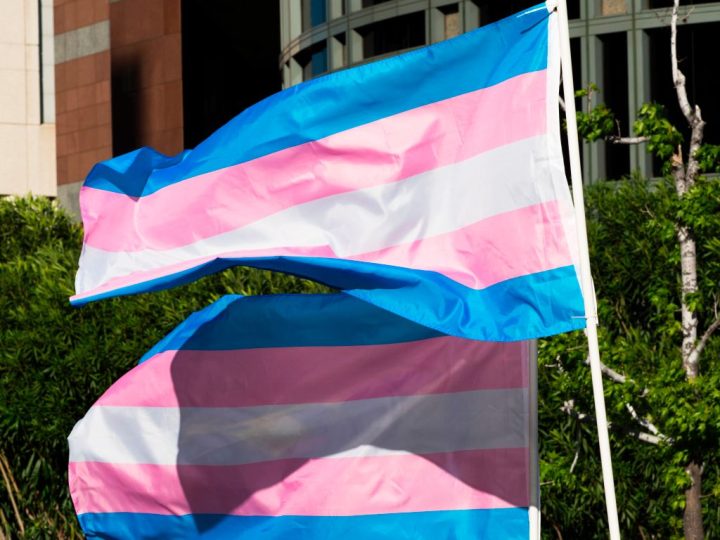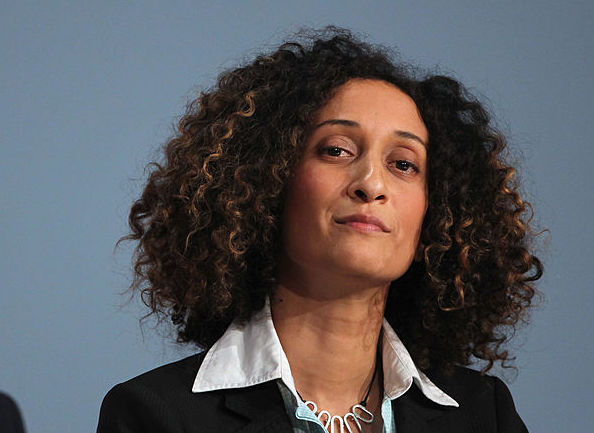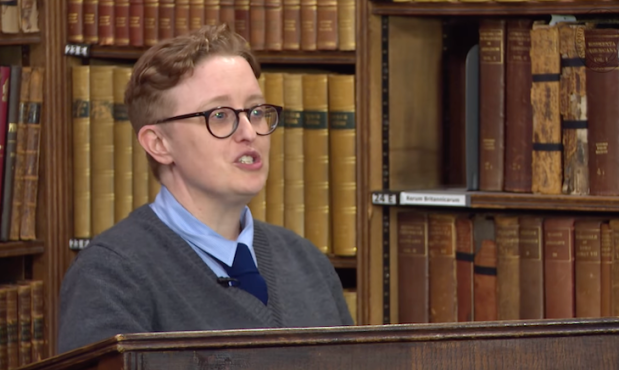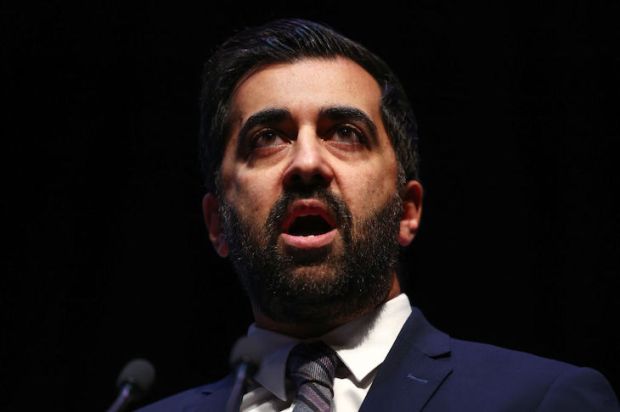The Department for Education has delayed yet further its long-awaited transgender guidance for schools. Rishi Sunak had pledged that the document would be in our hands ‘for the summer term’, but that looks increasingly like another broken promise.
I’m a teacher who also happens to be trans, so I have more than a passing interest. In schools across the country, my colleagues have been grappling with the thorny issue of what to do when a pupil announces that they are transgender.
Truly progressive policies would move beyond the concept of the transgender child altogether
The problems we face were highlighted by Policy Exchange earlier this year. The policies adopted by some schools are very worrying indeed. The think tank’s report, Asleep at the Wheel, An examination of Gender and Safeguarding in Schools, uncovered some shocking findings. Most notably they say that only 28 per cent of the secondary schools surveyed were ‘reliably informing parents as soon as a child discloses feelings of gender distress.’
Excerpts leaked from one draft copy of the guidance suggested that schools would have to involve parents when a child feels gender distress. That is the sort of advice that schools need. We certainly shouldn’t be keeping secrets from parents when their child reveals something significant, despite what third party organisations such as Stonewall and Mermaids might would have us believe.
Too many schools have not only been asleep at the wheel, they have allowed those organisations to dictate their policies. In the absence of official guidance, schools perhaps felt they had no choice. But by ‘getting ahead of the law’ – to adopt the language used by activists – they sometimes stepped outside the law, and were certainly not following good practice.
Those who have not been near a school recently might be appalled to discover, as Policy Exchange did, that at least 28 per cent of secondary schools were not maintaining single sex toilets, and 19 per cent were not maintaining single-sex changing rooms. Meanwhile, 60 per cent of secondary schools were allowing children to participate in sports for the opposite sex.
So why yet more delay if the situation is so poor? Reports suggest that the government is tied up in knots over the issue of whether children should be allowed to transition. Certainly parents should be told, but should children be allowed to ‘change their gender’ even with the blessing of parents? As part of her ongoing review of children’s gender identity services, Dr Hilary Cass urged caution. On social transition, she wrote,
However, it is important to view it as an active intervention because it may have significant effects on the child or young person in terms of their psychological functioning. There are different views on the benefits versus the harms of early social transition. Whatever position one takes, it is important to acknowledge that it is not a neutral act, and better information is needed about outcomes.
It would be a reckless government that gave the green light to the social transition of any children after reading those comments. However, within the Equality Act, the protected characteristic of Gender Reassignment has no lower age. Schools that prevent a youngster from transitioning might therefore find themselves guilty of direct discrimination. Even if the law is an ass, the government can hardly advise schools to break it.
Reports also suggested that equalities minister Kemi Badenoch wanted to protect the free speech of teachers. Specifically we must not be ‘compelled’ to address children by their chosen pronoun if we had a ‘good faith’ objection. The problem here is that we might as a result fall foul of school policies, and thereby face disciplinary action. Even if a teacher was exonerated at a subsequent employment tribunal, they may well still lose their job in the process.
Should we call in the experts? Ideally doctors would always be involved when a child transitions. But it seems that the NHS would be unable to provide enough staff with the necessary expertise. This is a mess, but it is a mess that schools have been working with. We have no choice – we cannot put off making decisions when a child announces their new pronouns and expects everyone to use them.
If schools can take any comfort at all from the absence of direction from the top, we can probably assume that by now the government is aware of all the conflicts, inconsistencies, contradictions and challenges that schools have faced for several years now, either alone or perhaps with help from the LGBTQIA+ brigade. The summer holidays will offer some respite to schools, but it will be intolerable for the present uncertainty to extend into the autumn and possibly beyond.
To move forwards, the government may need to take a different approach. Good policy is good policy for all; it should also be inclusive of all. Rather than focusing on transgender-identified children, or ‘gender-distressed children’ to use the Policy Exchange’s language, the best guidance should cover all children.
That way, when boys and girls are treated separately – with toilets, changing rooms, and sport, for example – the same rules should apply, irrespective of how individual children feel about themselves, or how they present themselves. Yes, it might be kind to offer separate facilities to those who don’t wish to share with their own sex, but in an ideal world that option would be available to all children.
When sex doesn’t matter, we should offer the same freedoms to everyone. If children want to change their preferred name in school then a note from their parents should suffice – whatever the reason. Many schools allowed girls to wear trousers years ago. That shouldn’t be a problem. But it is a problem if schools require a girl to register her ‘gender distress’ before being allowed to ditch her skirt. If a gender-distressed child is allowed to engage in non-contact sport with the other sex, then it follows that all children should enjoy the same freedom.
Trans rights are human rights, but nobody should need to maintain a pretence they are the opposite sex in order to secure those rights. And nobody else should be required to affirm that pretence. Truly progressive policies would move beyond the concept of the transgender child altogether. Let children be children and let’s avoid labelling them.
Got something to add? Join the discussion and comment below.
Get 10 issues for just $10
Subscribe to The Spectator Australia today for the next 10 magazine issues, plus full online access, for just $10.




















Comments
Don't miss out
Join the conversation with other Spectator Australia readers. Subscribe to leave a comment.
SUBSCRIBEAlready a subscriber? Log in